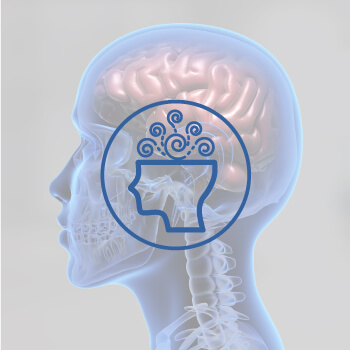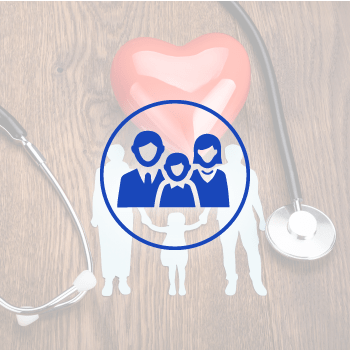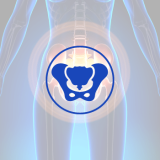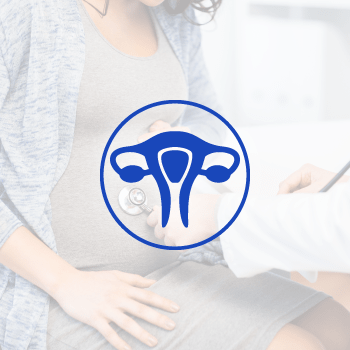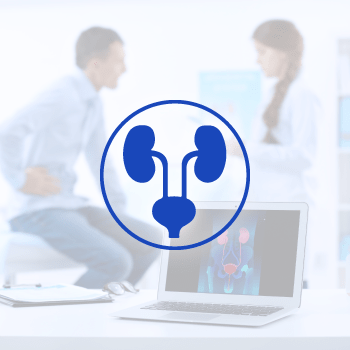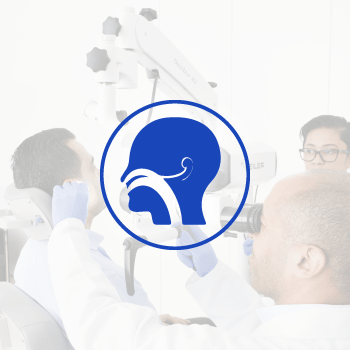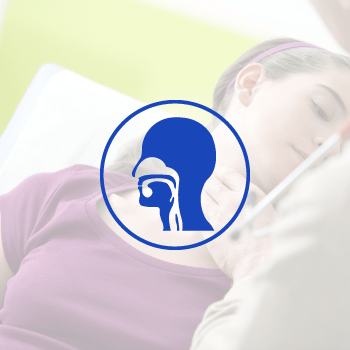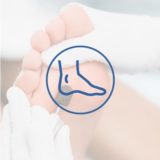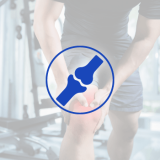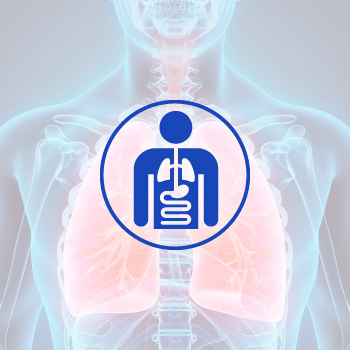KIDNEY STONES
Kidney stones are hard deposits of minerals that form in the kidneys. It can be asymptomatic or can cause intense pain and discomfort as they move through the urinary tract.
What Are Kidney Stones?
Kidney stones are crystallized minerals that accumulate in the kidney when urine becomes concentrated. The most common types of kidney stones include:
- Calcium Stones: The most common type, typically made of calcium oxalate (80%) or calcium phosphate.
- Uric Acid Stones: Associated with high protein intake and low fluid intake; blood uric acid levels can be elevated.
- Struvite Stones: Associated with urinary tract infections (UTIs), and more common in females.
- Cystine Stones: Rare and form in people with a genetic disorder that causes the kidneys to excrete too much of certain amino acids.
- Symptoms
- Diagnosis
- Treatment
- Prevention
Kidney stones may not cause any symptoms until they start moving within your kidney or pass into your ureter. At that point, you may experience:
- Severe pain: Often felt in the side, back, or lower abdomen.
- Painful Urination: Discomfort while urinating.
- Hematuria: Blood in the urine, which may appear pink, red, or brown.
- Nausea and vomiting: Due to the intense pain.
- Frequent urination: Feeling the need to urinate more often than usual.
- Fever and chills: Indicates an infection may be present.
To diagnose kidney stones, doctors may use:
- Imaging Tests: CT scans, X-rays, or ultrasounds to identify the size and location of stones. In cases of acute pain, a CT scan without contrast is the investigation of choice.
- Urine Tests: To check high levels of stone-forming minerals or the presence of blood or infection.
- Blood Tests: To check kidney function and identifying any abnormalities in blood levels of minerals like calcium and uric acid.
Treatment depends on the size, type, and location of the stones:
- Hydration: Drink plenty of water can help smaller stones pass naturally.
- Pain Management: Medications for relief.
- Procedures: Shock wave therapy or surgery for larger stones.
Preventing kidney stones involves lifestyle and dietary changes:
- Stay Hydrated: Drink plenty of fluids (2-3 liters per day), especially water.
- Dietary Adjustments: Limit intake of sodium, animal protein, and oxalate-rich foods like spinach, black tea, chocolate and nuts.
- Calcium intake: Get enough calcium from foods, but be cautious with supplements.
- Medications: Depending upon the stone composition.
Kidney stones are a common but painful condition that can be managed and prevented with proper medical care and lifestyle adjustments. If you experience symptoms, it’s important to seek medical attention to prevent complications and get the right treatment.





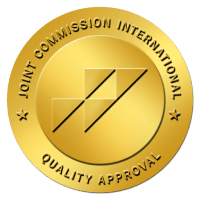
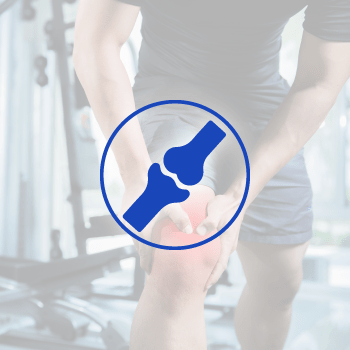 أنقر هنا
أنقر هنا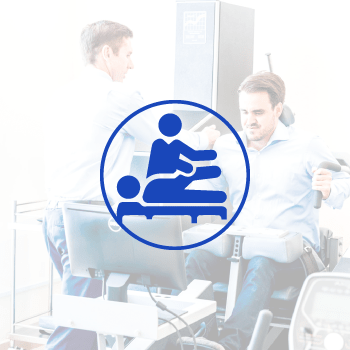 أنقر هنا
أنقر هنا
